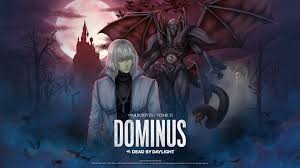A strategy game is a genre of video game that emphasizes skillful thinking and planning to achieve victory. It is distinguished by its focus on strategic, tactical, and sometimes logistical challenges. Strategy games often simulate warfare, economic behavior, or governance. There are two main sub-genres within the category: turn-based strategy (TBS) and real-time strategy (RTS).
In turn-based strategy games, players take turns to make decisions and perform actions, which allows for deeper strategic planning and a more contemplative pace. Classic examples include the “Civilization” series, where players lead a nation from ancient times into the future, and “XCOM,” where players command a squad of soldiers battling alien invaders.
Real-time strategy games, on the other hand, unfold continuously, requiring players to make quick decisions and react to their opponents in real time. Iconic titles like “StarCraft” and “Age of Empires” task players with gathering resources, building bases, and commanding armies against their foes in a dynamic battlefield environment.
Strategy games can be deeply complex, often involving resource management, economic planning, and development of both short-term tactics and long-term strategies. They can be set in a variety of themes, from historical and fantasy to science fiction settings. The genre challenges players to think critically and adapt their strategies to a wide range of scenarios, making it a favorite among those who enjoy games that require thoughtful decision-making and intricate planning (Rock Paper Shotgun) (VG247).
For more in-depth exploration of strategy games and their diverse sub-genres, you can read further at Rock Paper Shotgun and VG247, which provide comprehensive lists and insights into the best strategy games of all time.














